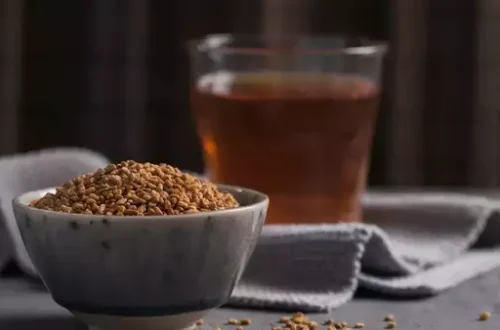As winter approaches, so does the likelihood of catching colds and the flu. Understanding how to boost your immune system during this season can be vital to maintaining your health and well-being. In this article we explores several scientifically-supported methods to strengthen your immune defenses and help you navigate the winter months with fewer health worries.
1.Understand Your Immune System

The immune system is your body’s defense mechanism against infections and diseases. Comprising a complex network of cells, tissues, and organs, it identifies and destroys pathogens like viruses and bacteria. In winter, the immune system often faces challenges due to decreased sunlight exposure, more time spent indoors, and colder temperatures, which can all affect its functioning.
2.Nutritional Boosts
Nutrition plays a pivotal role in supporting a healthy immune system. Key nutrients include:
- Vitamin C: Found in citrus fruits, bell peppers, and strawberries, Vitamin C is essential for the growth and repair of all bodily tissues and boosts the immune system.
- Vitamin D: Often in short supply during winter, Vitamin D can be boosted through fortified foods and supplements. It is crucial for bone health and immune function.
- Zinc: This mineral, essential for immune cell function, is available in meat, shellfish, legumes, and seeds.

3.Lifestyle Modifications
1. Regular Exercise

Moderate, regular exercise such as brisk walking, jogging, or cycling can improve immune function by promoting good circulation, which allows more immune cells to move through the body efficiently. Engaging in at least 30 minutes of moderate exercise most days of the week is recommended. Exercise also helps to decrease stress hormones, which can reduce your chances of getting sick.
2. Adequate Sleep

Aim for 7-9 hours of quality sleep per night to allow your body to repair and regenerate immune cells. Sleep deprivation can lead to increased levels of cortisol, a stress hormone that can suppress immune function. Creating a calming bedtime routine, avoiding screens before bed, and ensuring a dark, quiet sleep environment can aid in improving sleep quality.
3. Stress Reduction

Chronic stress impairs the immune system by triggering inflammation and reducing the number of lymphocytes, the white blood cells important for immune responses. Techniques such as meditation, yoga, and mindful breathing can help manage stress effectively. Additionally, engaging in hobbies, spending time with loved ones, and maintaining a work-life balance are crucial for mental health and immune strength.
4.Natural Remedies and Supplements
- Echinacea: Known for its potential to prevent and lessen cold symptoms, Echinacea is commonly used to bolster the immune system when cold signs appear. It activates chemicals in the body that decrease inflammation, which might reduce cold and flu symptoms. Clinical studies have shown that Echinacea reduces the odds of developing a cold by 58% and shortens the duration of colds by 1.4 days on average.
- Elderberry: High in antioxidants and vitamins, elderberry may help reduce inflammation and shorten the duration of colds. This fruit is packed with vitamin C and dietary fiber and has been used historically for its medicinal properties. Elderberry extracts are thought to act directly on viruses to inhibit their replication. Studies have shown that elderberry syrup can significantly reduce the length and severity of the flu when taken within 48 hours of the first symptoms.
- Probiotics: These beneficial bacteria can significantly improve your gut health, which is crucial for immune function, as a substantial part of the immune system is located in the gut. Probiotics support the intestinal barrier, competitively inhibit harmful bacteria, and modulate the immune system by increasing the numbers of certain white blood cells. Regular intake of probiotics has been linked with a lower incidence and severity of respiratory infections.
If you have any queries related to medical health, consult Subhash Goyal or his team members on this given no +91 99150 72372, +91 99150 99575, +918283060000




